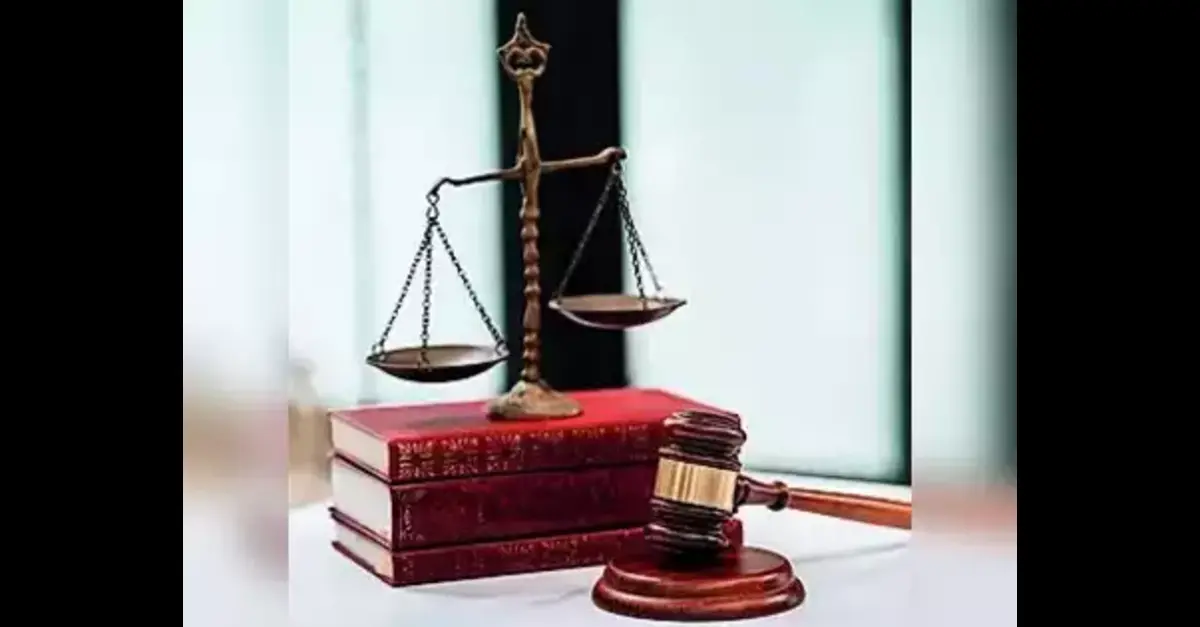Case Details
Case Name: Puja Ferro Alloys Pvt. Ltd. vs. State of Goa & Ors.
Case Number: Civil Appeal Nos. 2027-2028 of 2012
Date: February 14, 2025
Quorum: Justice Dipankar Datta & Justice Sandeep Mehta
Facts of the Case
Puja Ferro Alloys Pvt. Ltd., and other industry units challenged the order of the State of Goa (SoG) refusing them a 25% concession on electricity rates. The rebate was first accorded vide notification dated 30th September 1991, which was withdrawn by virtue of another notification issued on March 31, 1995, with effect from April 1, 1995. The applicants had applied for electricity before the cut-off date but their electricity arrived
However, the State Goa issued two amendments to the notifications in 1996 extending the rebate to industrial units seeking extra high-tension power supply. But the rebate was discontinued in 1998, and in 2002, the state brought the Goa (Prohibition of Further Payments and Recovery of Rebate Benefits) Act, which provided for the recovery of rebates given under the 1996 notifications.
The High Court of Bombay at Goa rejected the petitions of the appellants against the recovery notices and held that they were not entitled to the rebate. The appellants applied for review, which was rejected by the High Court. Aggrieved, they filed with the Supreme Court.
ISSUES OF THE CASE
- Whether the appellant companies were liable for the 25% electricity rebate under the 1991 notification ignoring the rescission in 1995?
- Whether in retrospect the withdrawal of benefits and recovery of rebates under the 1996 notifications was justified by the Goa government?
- Whether principles of promissory estoppel and legitimate expectations would hold the state to account for protecting the appellants from withdrawal of benefits by the state?
LEGAL PROVISIONS INVOLVED
- Section 23 & Section 51-A of the Indian Electricity Act, 1910 – Regulates electricity tariffs and rebates issued by state governments.
- Section 3 of the Goa (Prohibition of Further Payments and Recovery of Rebate Benefits) Act, 2002 – Requires the recovery of rebates paid under the 1996 notifications.
- Doctrine of Promissory Estoppel – Stops a government from reneging on its promises if industries have acted in reliance upon them.
ARGUMENTS OF THE APPELLANT
The appellants argued that they had sought power supply when the 1991 notification was operative and must, as such, be eligible for the rebate. They claimed that the Goa government had guaranteed the rebate to lure industries and that they had invested heavily in reliance on this guarantee. The appellants also argued that the later revocation of the notification in 1995 and the 2002 legislation requiring recovery of the rebate unjustly punished them for their reliance on government policy. They invoked the doctrine of promissory estoppel, claiming that the government should not go back on its word, since doing so would discourage industrial investments.
ARGUMENTS OF THE RESPONDENT
The government of Goa contended that the rebate scheme under the 1991 notification was effective only up to March 31, 1995. As the appellants were supplied with power supply after this date, they were not eligible for the rebate. The state argued that the 1996 amendments, which extended the rebate temporarily, were subsequently quashed in Manohar Parrikar v. State of Goa (2001) as having been issued without authority.
The state also insisted that the 2002 Act was brought into effect to reverse rebates under the 1996 notifications and that the appellants illegitimately benefited from these invalid amendments. It submitted that the doctrine of public interest overrode any arguments of promissory estoppel, as economic pressures necessitated the withdrawal of the rebate. The res judicata principle was also invoked by the government, which averred that the issue had been resolved in prior cases, such as GR Ispat Ltd. v. Chief Electrical Engineer (1999).
ANALYSIS
The Supreme Court questioned whether the appellants had a valid claim on the rebate through the 1991 notification and if the state could withdraw benefits retrospectively. It observed that the 1991 notification was explicitly giving a 25% rebate for five years to industrial units but was withdrawn in 1995.
The appellants also wanted the advantage of the 1996 amendments, which had been held void in Manohar Parrikar, making their arguments unacceptable.
JUDGEMENT
In the matter of promissory estoppel, the Court recognized that governments ought not to arbitrarily withdraw benefits, but it held that public interest would take precedence over this principle. The economic hardship mentioned by the state was regarded as a justifiable reason for withdrawing the rebate. The Court also reiterated the principle of res judicata, stating that identical issues had been determined in earlier cases and could not be reopened.
CONCLUSION
The ruling sets a new precedent that government incentives cannot be claimed indefinitely, particularly when policy changes or budgetary constraints make withdrawal of incentives unavoidable. however, it reaffirmed the view that the interest of the public in the enforcement of constitutional measures could, in some cases, trump previous commitments. The ruling also establishes that companies must also take into account the risk that policy will change in making their investment decisions. By denying the appeal, the Supreme Court upholds the government’s ability to withdraw incentives and gains legal certainty.
“PRIME LEGAL is a full-service law firm that has won a National Award and has more than 20 years of experience in an array of sectors and practice areas. Prime legal falls into the category of best law firm, best lawyer, best family lawyer, best divorce lawyer, best divorce law firm, best criminal lawyer, best criminal law firm, best consumer lawyer, best civil lawyer.”
WRITTEN BY SUBRAT ASHISH KHARE


